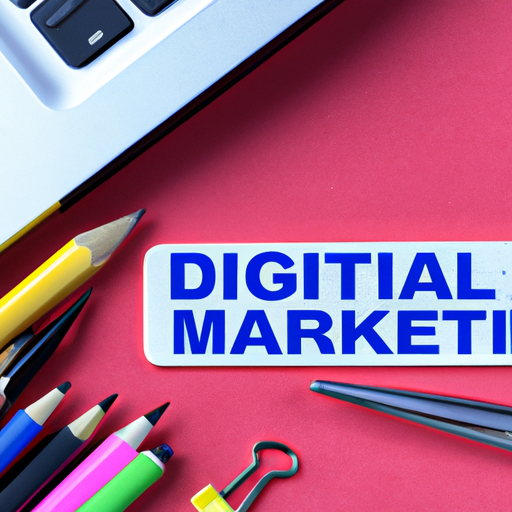Becoming A Successful Digital Marketing Professional: The Ultimate Guide
Digital marketing has exploded in popularity over the last decade, and for good reason.
As we become increasingly connected online, businesses need skilled digital marketing professionals to navigate this dynamic landscape.
But what does it take to become a successful digital marketing professional?
Understanding The Role Of A Digital Marketing Professional
Having a clear grasp of what a digital marketing professional does is key.
These experts are responsible for creating and executing comprehensive marketing strategies that leverage various digital channels.
This includes social media, email campaigns, search engine marketing (SEM), content creation, and more.
To excel in this role, you need a firm understanding of how these channels work together to drive results.
For example, integrating your marketing strategy across multiple platforms ensures consistent messaging and maximizes reach.
The Importance Of Education And Continuous Learning
One of the cornerstones of becoming an effective digital marketing professional is education.
There are countless online courses and certifications available that cover everything from basics to advanced techniques.
Platforms like Coursera, Udemy, and HubSpot Academy offer specialized courses on topics like SEO, SEM (Search Engine Marketing), social media strategies, and content marketing.
Investing time in these courses can provide you with the foundational knowledge needed to excel.
However, the world of digital marketing is constantly evolving.
Staying updated with industry trends through blogs like ours or attending webinars can keep your skills sharp and relevant.
Building Practical Skills Through Experience
While theoretical knowledge is essential, nothing beats hands-on experience.
Start by managing small projects or internships where you can apply what you’ve learned.
You’ll quickly see how different strategies play out in real-world scenarios.
Consider working on personal projects too.
Create a blog or an affiliate website where you can experiment with different leads marketing tactics.
Not only will this help hone your skills but it also builds a portfolio showcasing your expertise.
Remember that mistakes are part of the learning process.
Analyze what went wrong and adjust your approach accordingly; this iterative process is invaluable for growth as a digital marketer.
Essential Tools For A Digital Marketing Professional
Being proficient with certain tools can significantly enhance your effectiveness as a digital marketing professional. Here are some must-haves:
SEO Tools
SEO (Search Engine Optimization) is crucial for driving organic traffic.
Tools like Ahrefs or SEMrush allow you to analyze keywords, track rankings, and understand competitor strategies.
They provide insights into how well your content performs on search engines like Google.
Google Analytics is another indispensable tool. It gives detailed reports about website traffic sources which helps in fine-tuning ongoing campaigns based on data-driven insights.
Email Marketing Platforms
Email remains one of the most effective channels for engaging your audience directly.
Platforms such as MailChimp or SendinBlue enable segmentation & automation making it easier than ever before to run targeted campaigns tailored precisely towards specific audiences increasing chances conversions manifoldly!
These platforms also offer analytics features allowing monitoring open rates/click-through rates providing feedback optimizing future emails ensuring maximum impact every time sent out!
Crafting Compelling Content That Converts
At its core lies ability craft compelling content resonates audience ultimately converting them loyal customers! Writing blogs eBooks case studies whitepapers other forms valuable informative engaging content establishes authority builds trust among readers potential clients alike
Effective Social Media Strategies
In today’s interconnected world having robust presence social media networks critical success any digital marketer
Utilizing platforms Facebook Instagram LinkedIn Twitter Pinterest effectively involves more than just posting updates! It requires understanding demographics preferences each site tailoring messages accordingly creating visually appealing posts using appropriate hashtags running targeted ads collaborating influencers engaging followers via comments messages stories lives etc all contribute building strong brand image driving meaningful interactions fostering community around product services offered ensuring long-term loyalty sustainable growth!ctive efficient

